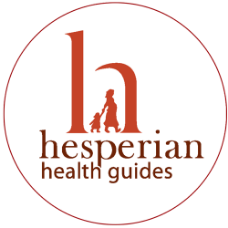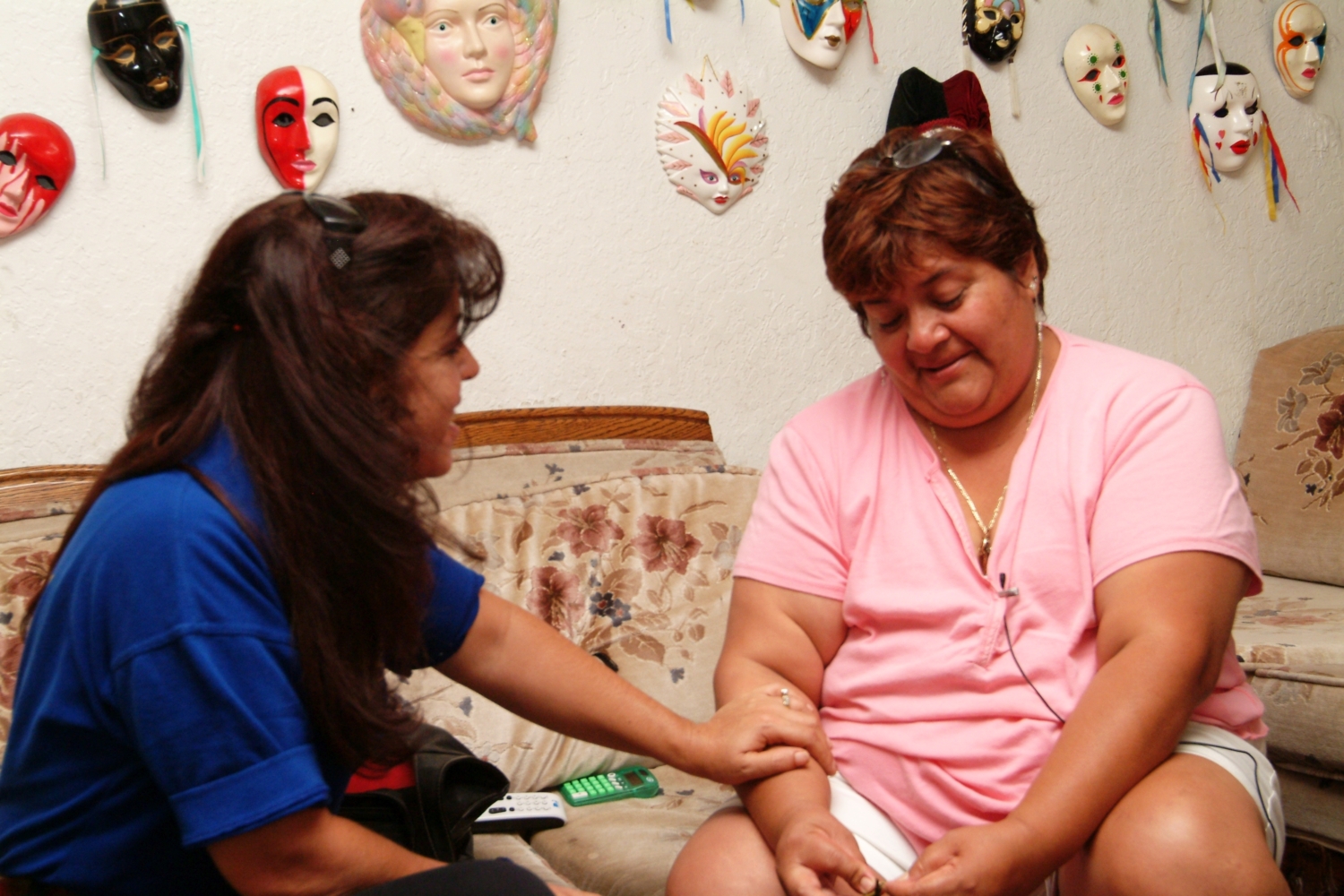My name is Jennifer Vidal and I am a Bilingual Outreach Intern here at Hesperian, with an interest in promoting accessible health materials and advocating for harm reduction within marginalized communities. Therefore, I was interested in hearing the firsthand experiences of promotoras and how they help promote and maintain community wellness.
Promotoras de Salud have empowered and connected with the Latinx community to help navigate health issues where people are under-resourced and primarily Spanish speakers. As members of the community with lived experiences, they build trusted relationships, provide comprehensive health information, and promote health initiatives to help individuals work through various socioeconomic barriers they face. Through a framework of education, treatment, and prevention, promotoras have a key role in community health.
I spoke with Sandra Serrano, a Program Assistant at USC’s Environmental Justice Research Lab and a promotora in mental health for communities in Los Angeles, to gain insight from her lived experience as a promotora.
How does being a promotora impact your daily routine?
“Before becoming promotoras, our lives are already very busy because we get involved in our children’s schools to advocate for improvements within the schools, and we also unite in the community to fight for our rights. This is not easy because we receive a lot of rejection in the community, but we also find people who unite and motivate us.
When we become health promoters or community workers we have more work beyond our personal lives, but the course helps us a lot because we begin to delegate responsibilities at home and are compensated with a salary which motivates us more because we get paid for something we like to do.
This is a great challenge for us because the family suffers changes and it is not easy for them to understand it, but we did it. We are moms, housewives, workers, caregivers of our children or a family member, and we have to cover our needs as well.
The promotora job is a bit of a sacrifice because most of the time we have to work different schedules and weekends too which is a bit frustrating sometimes but it is the only way to be able to do more effective outreach in the community.”
How do you establish a connection with community members?
“We are part of the community and that is an advantage because we speak the same language of injustice and need. We know what they feel and we know how they think because we have experienced it firsthand. So when we talk to the community they know perfectly well that we are not professionals and the empathy and respect with which we talk to them and listen to them makes a big difference.”
What type of obstacles do you face as a promotora?
“It is always a risk to expose ourselves to people and especially nowadays because of the level of aggression that has increased in the communities, what helps us to feel a little safer is to always be accompanied and never do a job alone. We are also exposed to people’s rejection or rudeness, but we can understand that this is not personal, it is the situation in their lives that makes them react that way. Another way we are exposed is that we may have an incident or an accident when we are working in the field or we may be assaulted in some way.”
How do promotoras bridge the gap between Latinx communities and having access to health resources?
“We talk to them a lot about the importance of holistic health and disease prevention and we also explain to them how important it is to take care of themselves and not just their family. It is hard sometimes for people to hear that health is not just an insurance business and that they bear the brunt of it if they don’t take care of themselves. Personally, besides working with USC, I also work in Los Angeles County giving workshops on mental health where we have two series of 13 different topics on mental health and this helps a lot to be able to explain more in depth about their health, medicine and the health sector.”
As a promotora in mental health, how do you deal with the stigmas and misconceptions of mental health in marginalized communities?
“Personally I use questions like …. “Did you know that anyone who has a life is exposed to affect their mental health”?” and I tell them if you have gone through a painful loss, a lawsuit, a job, your physical health, etc. That affects anyone’s mental health regardless of gender, social status, where you are from, etc. And I give them some examples of artists, but definitely in the workshops I can give them a much broader explanation about mental health and stigma.”
What inspired you to be a promotora?
“I live in front of an oil well and what drove me to do this work is to see how the community has no idea about the things that happen around us and we don’t know how much power we have if we unite until we get involved. That’s how I realized that we live with many injustices because we don’t know about our rights or what exists than for any other reason. I really like to give information to the community because that way they become empowered and come out of their small world like mine was.”
I loved hearing about Sandra’s experiences and her personal insight as a promotora advocating for community health and wellness! Hesperian has also worked with Promotoras de Salud to ensure they have access to resources to distribute to communities.
_______________________________________
Read more about Sandra and the areas she supports at the Environmental Justice Research Lab.
Jennifer Vidal is a graduate of UC Berkeley interested in outreach, education, and prevention in the field of reproductive health.
_______________________________________
Find empowering health information that can be freely shared with your communities in Hesperian’s HealthWiki. These no-cost digital resources are available in Spanish, English, and many other languages. To help keep these materials free and up-to-date for the thousands of people who visit the HealthWiki every day, consider becoming a monthly supporter.
Latino Health Access

 Putting infants on the path to good health
Putting infants on the path to good health
